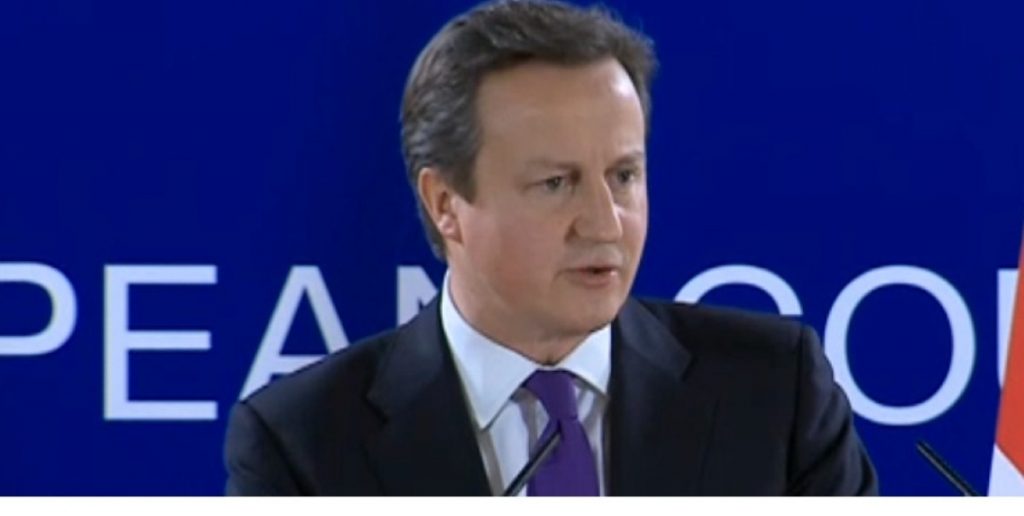Cameron triumphant: PM wins European budget victory
David Cameron was celebrating an extraordinary diplomatic victory today, as he secured an improbable cut on the EU budget.
The prime minister was feted in the British press as he gave a press conference mapping out the full extent of the cut.
"Every previous time multi-year deals have been agreed, spending has gone up. Not this time," he commented.
"The British public can be proud that we've cut the seven-year credit card limit for the EU for the first time ever."


European Council president Herman Van Rompuy tweeted: "Deal done! #euco has agreed on #MFF for the rest of the decade. Worth waiting for."
The deal cut three per cent off the EU's multi-annual budget for 2014-2020 – the first time it has been cut in the organisation's 56-year history.
The budget will stand at €908 billion (£769 billion), a significant reduction on the €1,033 billion (£879 billion) first proposed by the European Commission.
It took over 24-hours of negotiations to secure the seven-year budget deal.
The move is a tremendous victory for Cameron, who had been written off by many commentators as a leader unable to get his way on the European stage.
It will also raises hopes he may be able to successfully negotiate the repatriation of powers ahead of a planned EU referendum in five years' time.
"It shows that working with allies it's possible to get real reform in the European Union," Cameron said.
"That is not isolation. That is Britain working with others in Europe and getting good results."
It will cement the impression that German chancellor Angela Merkel is prepared to work closely in alliance with him, and further fracture his already problematic relationship with Francois Hollande.
The French president snubbed a meeting with Cameron and Merkel yesterday in favour of discussions with Spanish and Italian leaders last night.
Cameron admitted they disagreed on the budget issue, but did his best to patch things up with the French leader by praising his "courage" in Mali today.
That move boosted the impression of a north-south divide, as richer nations tried to limit their EU expenditure.
Brussels bureaucracy, cross-border infrastructure projects and a youth unemployment fund will all face severe cuts under the plan.
The budget has not yet been fully secured. Marin Schulz, president of the European parliament, warned the institution could still reject the move.
The British contribution will still go up because of changes made by Tony Blair, but it will rise by a lower figure than expected.

